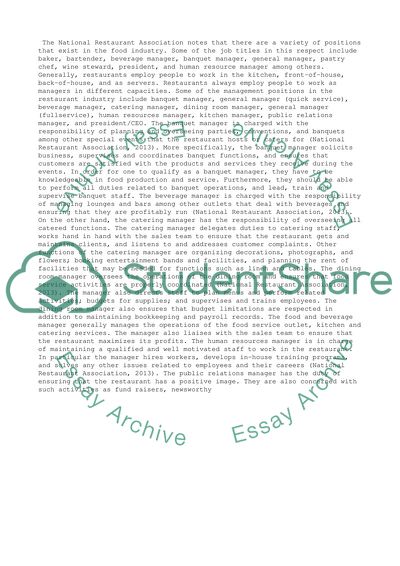Cite this document
(“Careers in Lodging and Food and Beverage Industries Essay - 1”, n.d.)
Retrieved from https://studentshare.org/business/1483299-careers-in-lodging-and-food-and-beverage
Retrieved from https://studentshare.org/business/1483299-careers-in-lodging-and-food-and-beverage
(Careers in Lodging and Food and Beverage Industries Essay - 1)
https://studentshare.org/business/1483299-careers-in-lodging-and-food-and-beverage.
https://studentshare.org/business/1483299-careers-in-lodging-and-food-and-beverage.
“Careers in Lodging and Food and Beverage Industries Essay - 1”, n.d. https://studentshare.org/business/1483299-careers-in-lodging-and-food-and-beverage.


